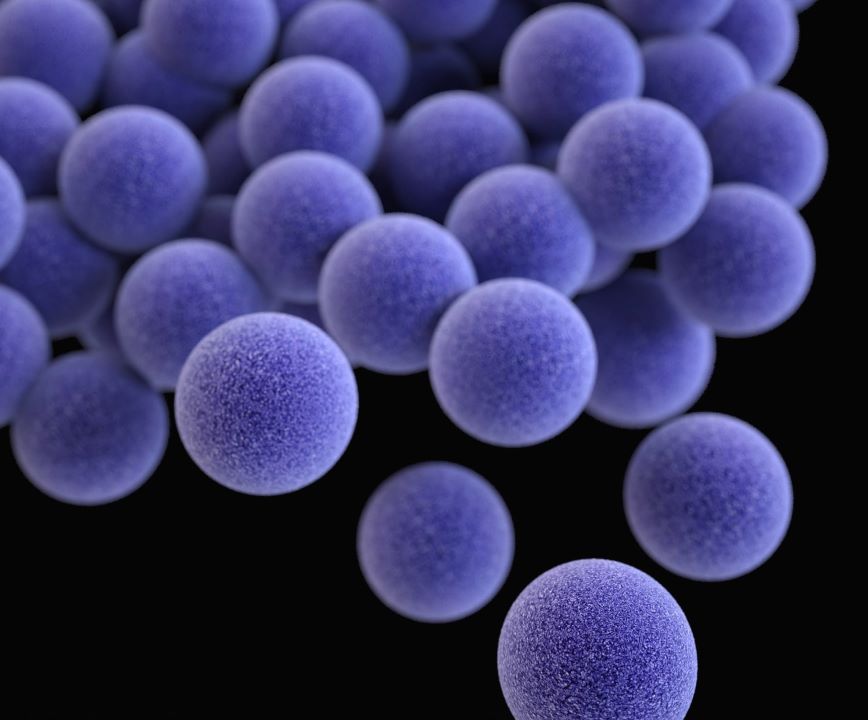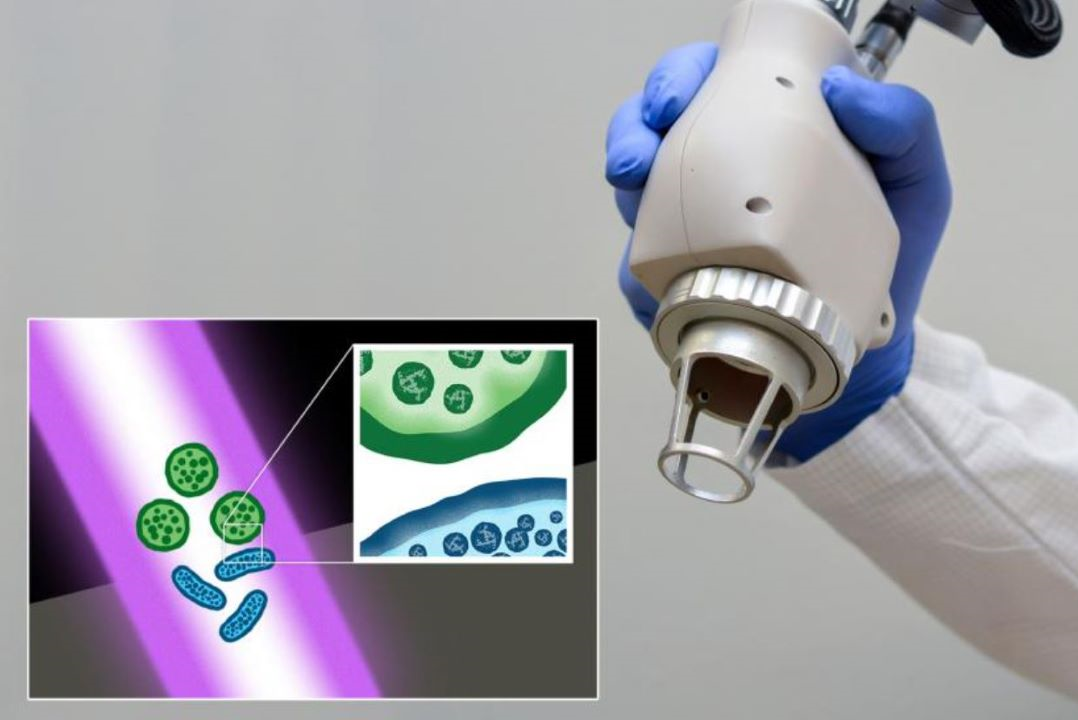Frequent use of antibiotics is known to lead to antibiotic resistance in bacteria. In addition, users of these drugs may suffer from side effects. U.S. researchers have set out to find an alternative treatment for bacteriosis using ultraviolet radiation. Experiments show that ultra-short pulses of UV radiation kill resistant bacteria and are harmless to human cells
UV Laser Pulses Kill Resistant Bacteria
Scientists and doctors are intensively looking for alternative solutions that would provide protection against resistant bacteria. As studies from the University of Washington at St. Louis show a mixture of new chemical drugs doesn’t have to be a substitute for ineffective antibiotics. Researchers are proposing to use ultra-short ultraviolet laser pulses.

Experiments by US scientists confirm that laser pulses of ultraviolet radiation can kill common bacteria and viruses, as well as resistant bacteria and resistant bacterial spores. With the help of UV laser pulses, the researchers managed to destroy more than 99.9 percent of resistant MRSA bacteria (Staphylococcus aureus), dangerous E. coli ESBL bacteria, and spores of the food pathogen Bacillus cereus.
Ultraviolet Pulse Treatment Advantage
The use of short pulses of ultraviolet radiation does not harm human cells. In order for the UV laser to endanger patients, it would have to pulse whose output would be several orders of magnitude higher. UV laser pulses could disinfect the site of injury or fluid during dialysis.

“The ultrashort-pulse laser technology uniquely inactivates pathogens while preserving human proteins and cells, “said Shaw-Wei Tsen from the university’s Mallinckrodt Institute of Radiology.
Laser antibiotic treatment could become a promising alternative to chemicals or radiation. They could replace some antibiotics, for example, to treat the skin, and disinfect the hospital environment. Ultraviolet laser pulses can destroy germs without damaging human cells.
Source and credit: https://optics.org/news/12/12/1




